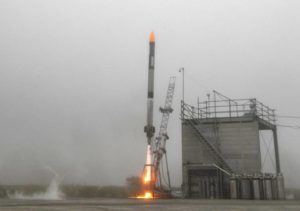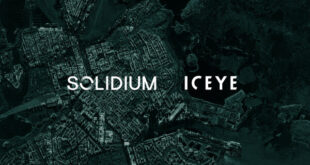
Japanese New Space satellite launch company Interstellar Technologies Inc. is developing the main engine for its Zero launch vehicle and expects to complete that development this year, with the aim of conducting the first engine test in early 2019.
This engine will power an orbital rocket designed to carry 100 kilograms and slated to conduct its initial test flight in 2020, according to a report in Space News.
“Our goal this year is to complete component testing for the regeneratively cooled main combustion chamber, turbopump and gas generator, and to perform an integrated firing test in early 2019,” Uematsu Chiharu, project manager for Interstellar Technologies’ suborbital Momo rocket, told Space News at the Small Satellite Conference in Logan, Utah, in the United States. “We already have all the key technologies,” he added.
Interstellar Technologies is currently fundraising for the orbital rocket, tentatively called Zero. Japanese investors have contributed “a few million” dollars to date but the firm will need additional funding to begin commercial services in 2021, Ken Terakawa, a structural engineer for Interstellar Technologies of Hokkaido, Japan, told Space News.
Interstellar’s orbital rocket will be a liquid-oxygen and kerosene gas-generator cycle liquid fueled rocket designed to loft 100 kilograms to 500 to 700 kilometer sun-synchronous orbits. Momo is an ethanol and liquid oxygen pressure fed rocket.
Marubeni Corp., a Japanese trading and investment company, plans to support Interstellar Technologies by selling flights on the rocket, said Atsuchi Takao of Marubeni’s Aerospace and Defense Systems Department, Space News reports.





